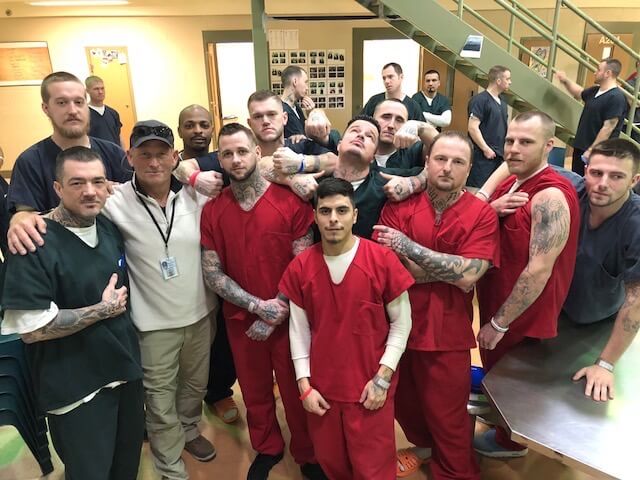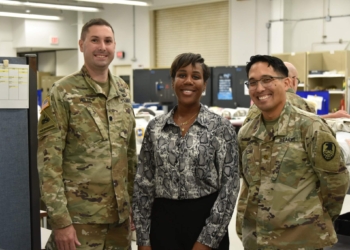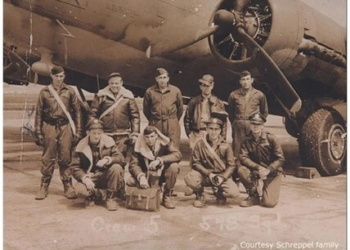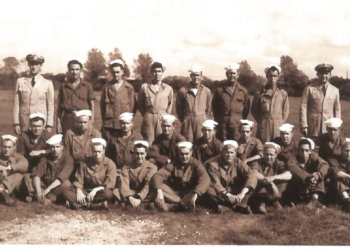Retirement after 36 years in the Coast Guard looked a lot like fishing, maybe some teaching, and doing something to give back to his community for Vice Adm. William “Dean” Lee. When he envisioned what the service to the community would be, he imagined cutting grass at the church.
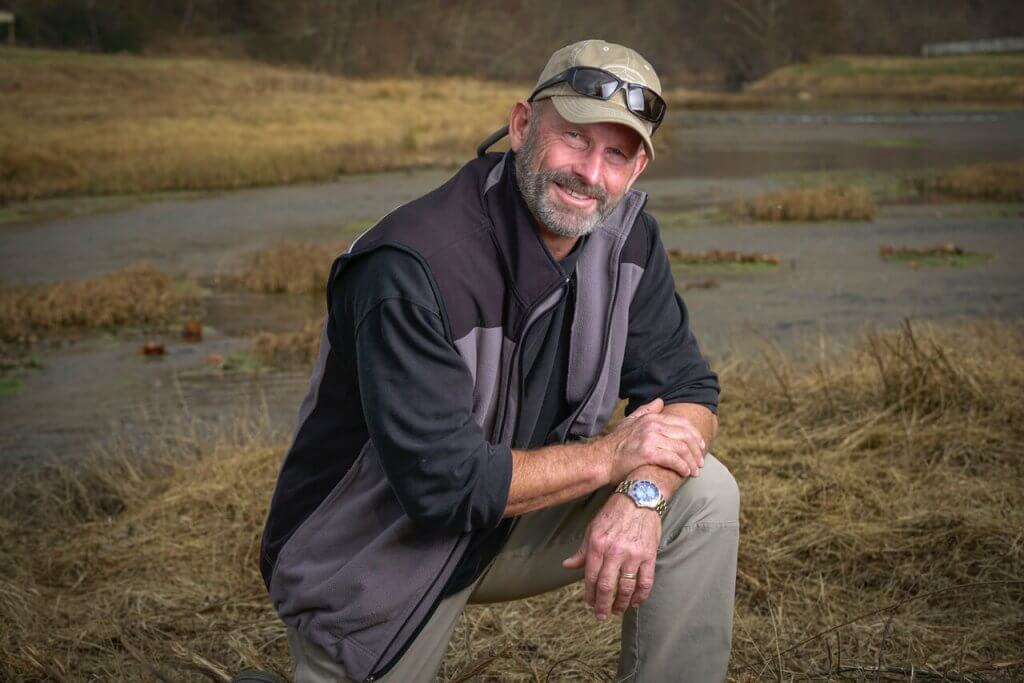
“Going to jail was nowhere on my desired list of things to do,” said Lee. “I wish I could say I planned it that way, but that would look far more noble than it actually was. The fact of the matter is, I was led to it.”
Before he realized what was happening, he was following his friend, the Sheriff of Richmond, Virginia, into a prison. Two and a half years later he is still going inside that prison every week to mentor those addicted to opioids and hoping to change their lives for the better.
Lee explained when he entered that prison pod, he was intimidated for the first time in his life. He decided then to just talk to the inmates and openly admit his nervousness. This honest response appeared to garner respect and interest. After that he shared with them the story of his more than three decades in the Coast Guard and that part of what he did included chasing drug runners and putting handcuffs on them. He also revealed his experience taught him how cocaine is grown and distributed, but that he knew nothing about what it was like to be on the other end of it. Then, he asked them to tell him what it’s like to be an addict; what it feels like and what kind of life addiction has led them to.

“They broke my heart. I’ve learned more about the human condition in the last two-and-a-half years in that prison than in the last 62 years of my life,” he said.
As a volunteer for the Heroin Addiction Recovery Program of Chesterfield County Jail, Lee has mentored hundreds of inmates, many whose stories began with an injury and a legal prescription.
“After that ran out, the cheap and easy button became heroin. They didn’t choose to become addicts, many of them never had a chance. They were either addicted by physicians, or just born to lose,” he said.
According to the Centers for Disease Control and Prevention, 134 Americans died every day in 2017 from an opioid overdose. The National Institutes of Health research shows the number of adults in the criminal justice system has skyrocketed from 1.8 million in 1980 to around 7.3 million in 2007, which can be largely attributed to drug-related crimes and drug addicted offenders.
“With this issue, this opioid epidemic, I believe society has a duty of care to resolve this. We need to make treatment more affordable and accessible,” Lee said.
Chronic drug usage changes the brain chemistry and creates a compulsion to seek and use drugs despite deadly consequences, the NIH also states, with roughly 50% of those in the criminal justice system meeting the criteria for drug abuse but only around 20% percent actually receive treatment for it.
“Before going into the jail, I had no idea about brain chemistry or that drug usage rewired brains. It made good people turn into criminals and prostitutes; it was eye opening,” Lee said.
Through his volunteer work at the jail, he learned many of the inmates had never met any successful people in their lives. He then made it his mission to bring as many highly successful people in there to mentor them as he could possibly get. His intent was to showcase to these inmates that success wasn’t a flashy car or jewelry, but instead someone who serves his or her country and its communities.
Thanks to him, they had the chance to meet and be mentored by a national drug czar, a member of Seal Team Six, a lieutenant general behind the capture of Pablo Escobar, and a former commander of the FBI’s hostage rescue team. Lee stressed that society needs to see the people behind the addiction.
“The impact that people like you and I, and others can have is huge if we just take the time,” he added.
He recommends all citizens find their own purpose inside of the local community, which can ultimately prove to be a mutually-rewarding opportunity.
“You don’t have to go to jail to serve your community. There are homeless shelters, school programs, and church programs. Find a need and fill it. I know that sounds simple but not everybody is programmed to walk into a jail and do what I do. I didn’t think I was, but I found out it was made for me.”
Read comments

